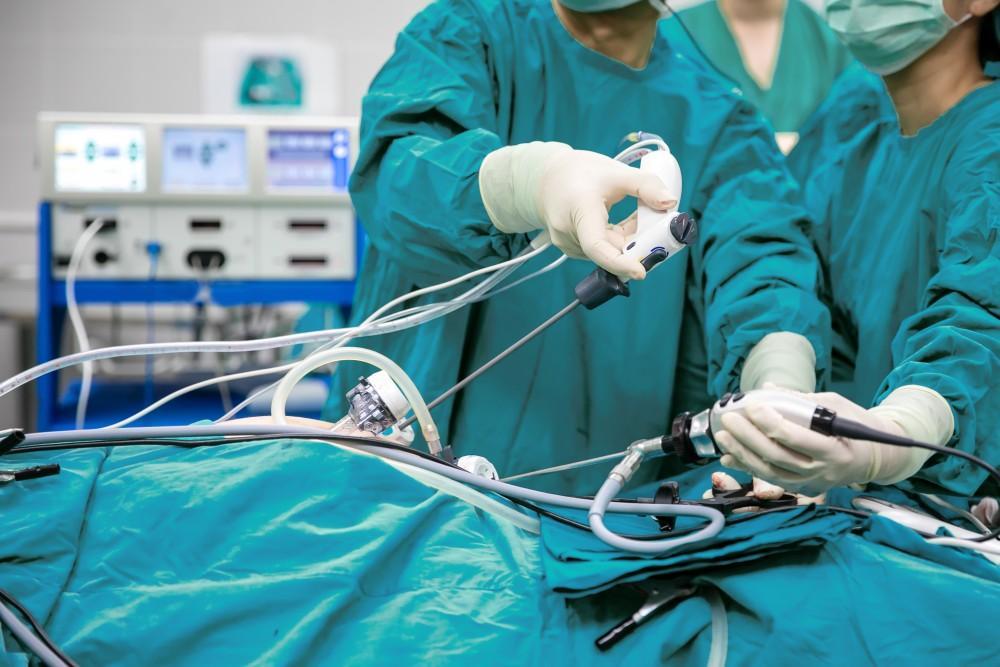
Recovering From Thyroid Surgery: What to Expect

Your doctor has determined that thyroid surgery is the best course of action for your health, and you’re understandably anxious. To relieve some of your worry, the highly experienced surgical team here at Rockwall Surgical Specialists take this opportunity to provide you with a glimpse of what to expect after your thyroid surgery.
By knowing what your recovery will look like afterward, you not only can better prepare, but you also can feel more comfortable going in.
An overnight stay in the hospital
In most cases, you should expect to spend the night in the hospital after your thyroid surgery so we can monitor your post-operative progress. This is also a great time for you to ask any questions you may have about wound care before heading home.
Going home
Once you get home, you should follow our aftercare instructions to the letter, especially when it comes to incision care during the first few days. You’ll likely go home with a bandage over the site, which you can generally remove after 48-72 hours, depending upon the extent of the incision.
Most of our patients report some discomfort around the incision during the first few days, which is easily remedied with over-the-counter or prescription pain relievers.
Aside from neck pain, you may also experience a sore throat, some difficulty swallowing, and a raspy voice. This is why we recommend that you take a week or two off of work so you can take it easy while your body goes to work to heal and repair the area.
Ongoing incision care
In most cases, we use absorbable stitches inside your incision, and there’s nothing you need to do to care for them. On the surface of your skin, we might use stitches, tape, or surgical glue, and we’ll let you know how to care for these before you’re discharged.
If you notice any persistent redness around your incision or if you develop a fever, let us know immediately as that might indicate an infection.
Diet and supplements after your thyroid surgery
When it comes to your diet, you shouldn’t require any changes, but you might prefer softer foods during the first day or two of recovery if you’re experiencing any difficulty with swallowing.
If you’ve undergone a total thyroidectomy, we make sure to supply you with the necessary hormone replacement medications. We may also recommend certain supplements — calcium, for example, because your calcium level may temporarily drop after the surgery.
Getting back to normal
While everyone recovers at their own pace, most of our patients return to their usual routines after about three weeks. Rest assured, we monitor your progress every step of the way and we’re here to address any concerns you may have.
If you have more questions about what to expect after your thyroid surgery, please feel free to contact our team. We have convenient locations in Rowlett, Rockwall, Greenville, Forney, and Terrell, Texas.
You Might Also Enjoy...


Is It Time for Your Colonoscopy?

Why Your Weight and BMI Are Important Barometers of Your Overall Health

When Does a Hiatal Hernia Require Surgery?

5 Compelling Benefits of Laparoscopic Surgery

